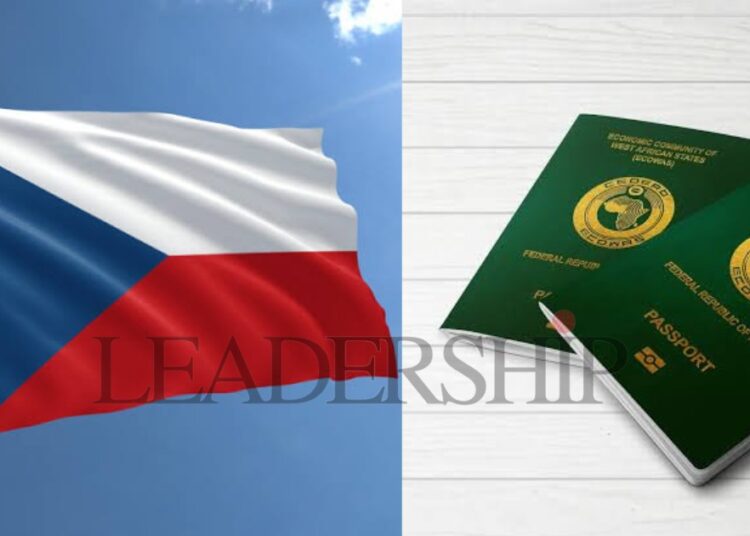Authorities of Czech Republic have launched a new portal called ‘Work in Czechia’ to attract foreign experts and talents to support the skilled labour market with qualified people.
This initiative aligns with the European Institute for Innovation and Technology’s (EIT) Deep Tech Talent Initiative, which seeks to upskill one million individuals in deep tech fields by 2025.
Through a statement, the website has confirmed that Czechia has joined the list of European countries seeking to attract experts in the technological fields.
According to a statement by the CEO of the CzechInvest agency, Jan Michal “The website works in Czechia. EU provides foreign talents with a comprehensive overview of life and employment in our country. They can find all the necessary information on it – from details on visas and immigration to tips on cultural activities.”
The website also emphasised that Czechia’s labour market offers a diverse range of industries offering foreign workers opportunities for both career growth and personal fulfilment, especially in the field of technology.
The statement reads “With an impressive network of local and multinational companies, as well as innovative startups, we invite you to make your mark on an economy that welcomes your expertise and aspirations.”
According to a survey from the Organisation for Economic Co-operation and Development (OECD), Czechia is also dealing with labour shortages just like other EU countries which has prompted Czech employers to look for workers from other countries.
The number of foreign workers in Czechia increased by nearly 30,700 last year, reaching more than 823,900 in December 2023, or 2.5 times more compared to the statistics from the end of 2015, according to the statistics from the Labour Office. The same source notes that the majority of them are nationals from Ukraine.
Based on the figures from the Czech Statistical Office (CSU), in the first three quarters of last year, a total of 4.23 million workers in Czechia were registered.
In addition, at the end of last year, labour offices registered a total of 823,945 international workers of whom just under 409,800 were from EU countries.





